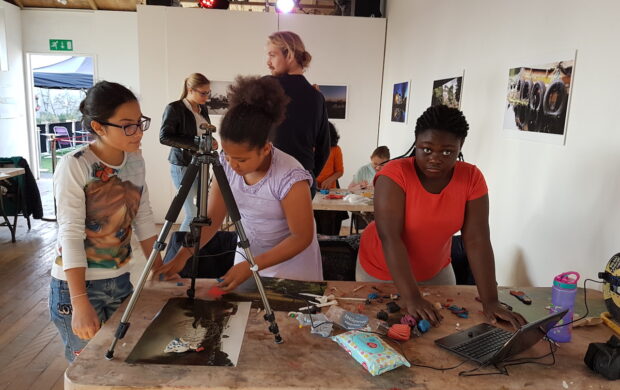New advancements in audio and visual technologies may signal a change in the production of fake news that blurs the boundary between the real and fake in unprecedented and indecipherable ways.
A joint team from Stanford University and the University of Erlangen-Nuremberg have developed a programme that allows users to manipulate the facial expressions of somebody speaking in a video. It works by tracking the expressions of a source actor which is then digitally transposed, in real time, onto the target person in the video. Advancements in video manipulation tools have also come hand in hand with breakthroughs in digital actor technology where simulations are becoming increasingly lifelike (such as the use of CG to bring back dead actors in the new Star Wars film).
Audio technology has also seen a great deal of parallel progress. Adobe are working on audio creation software, Voco, that has been nicknamed “Photoshop for audio”. The software is able to detect the distinct units of sounds that make up an individual’s voice after processing 10 to 20 minutes of recorded speech. Users are then able to type out words or sentences which are then read out by a computer-generated voice that is surprisingly convincing.













